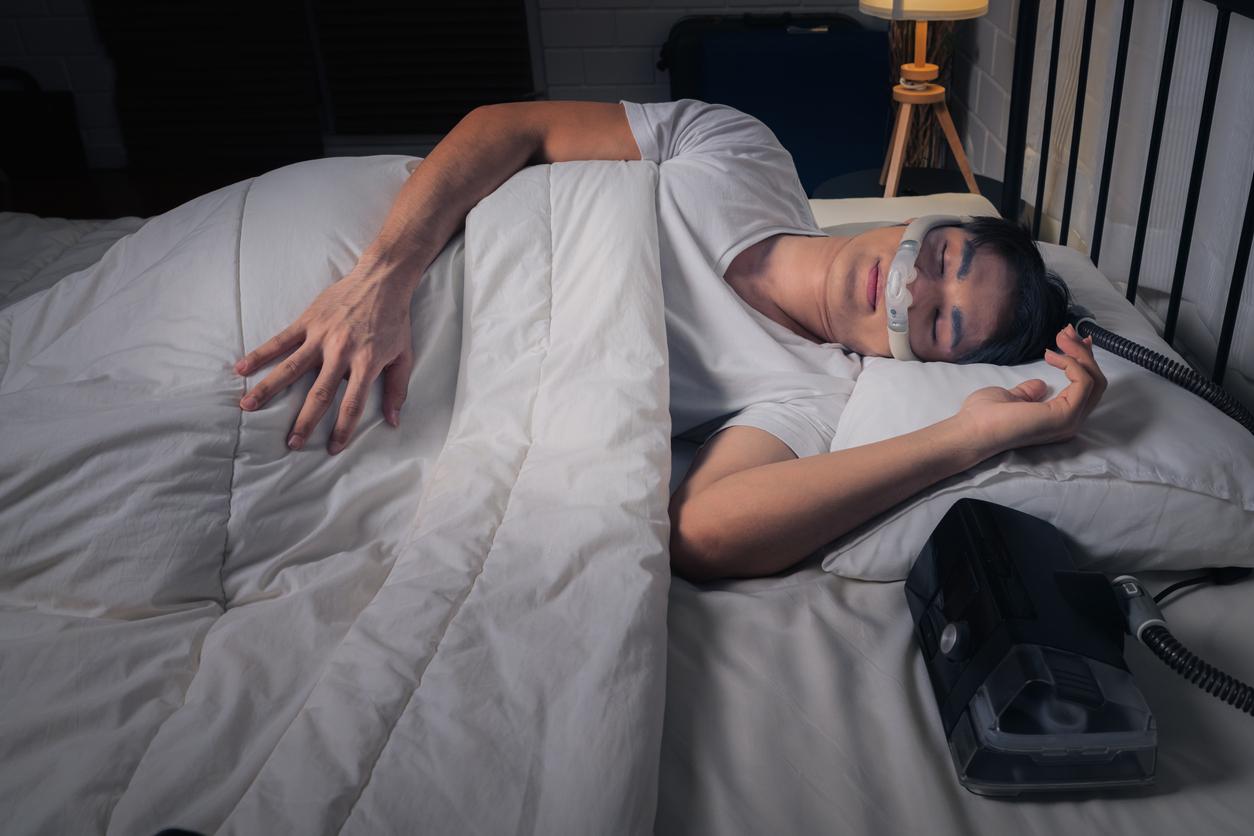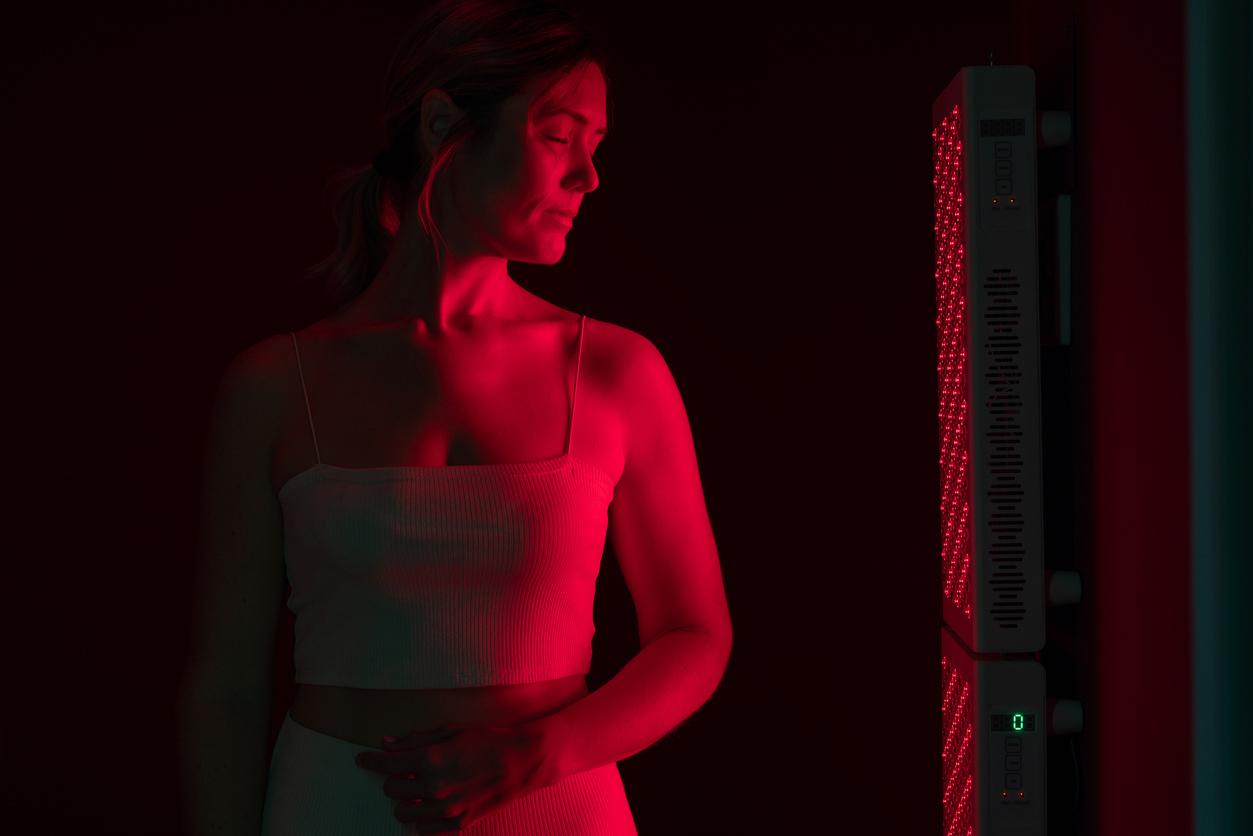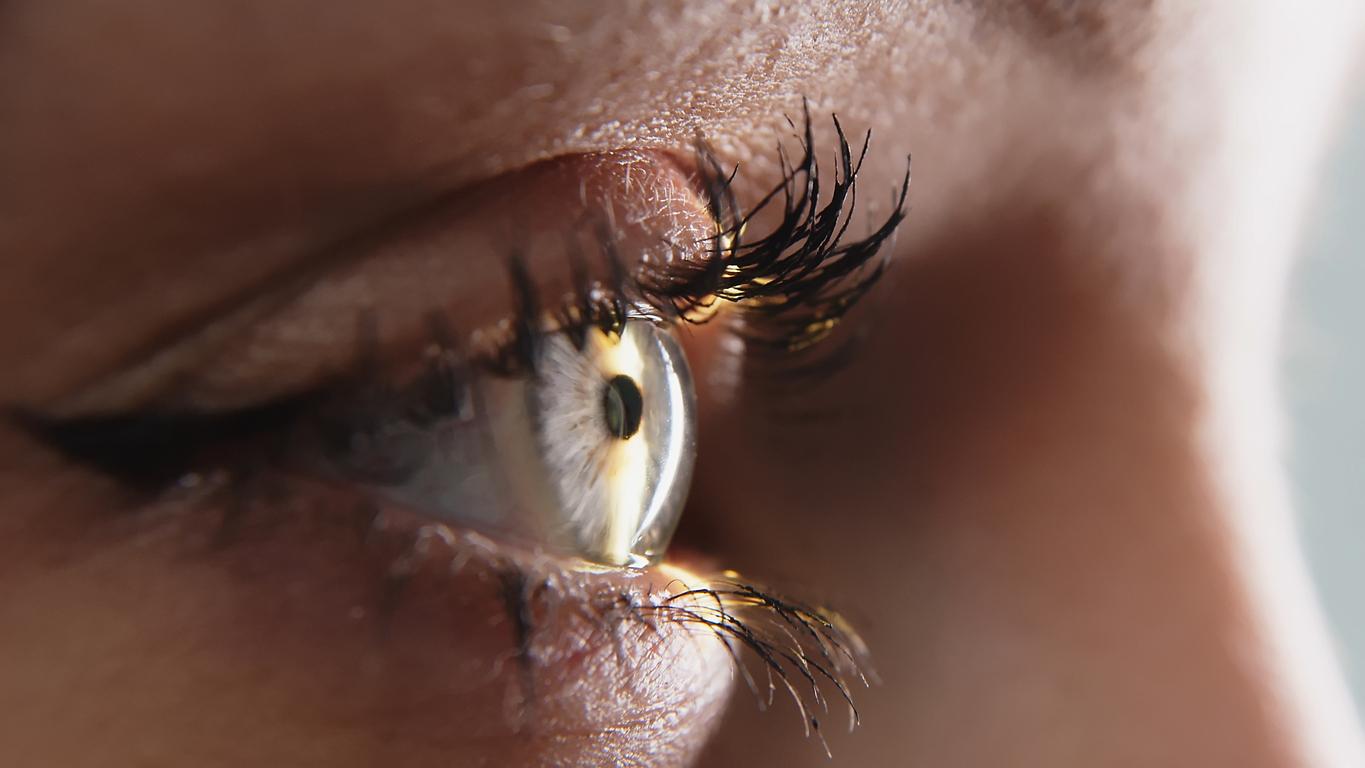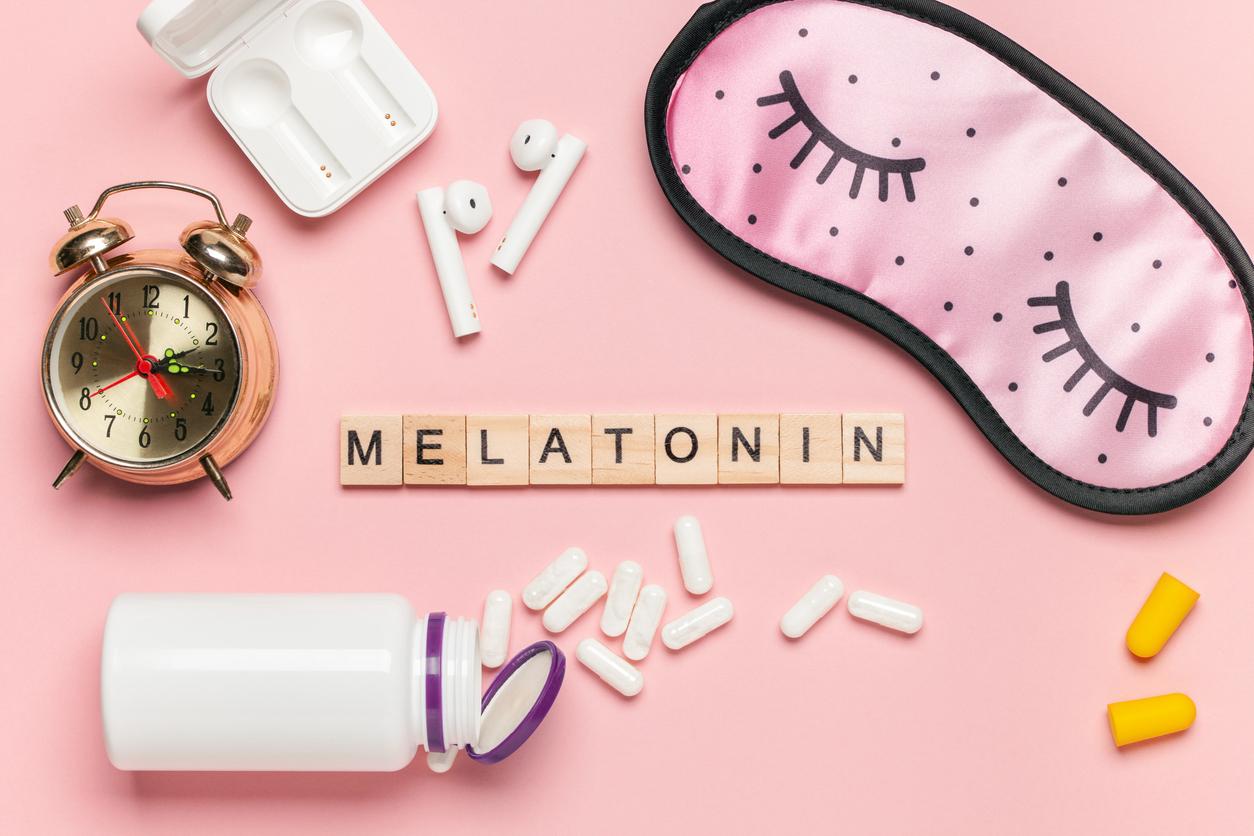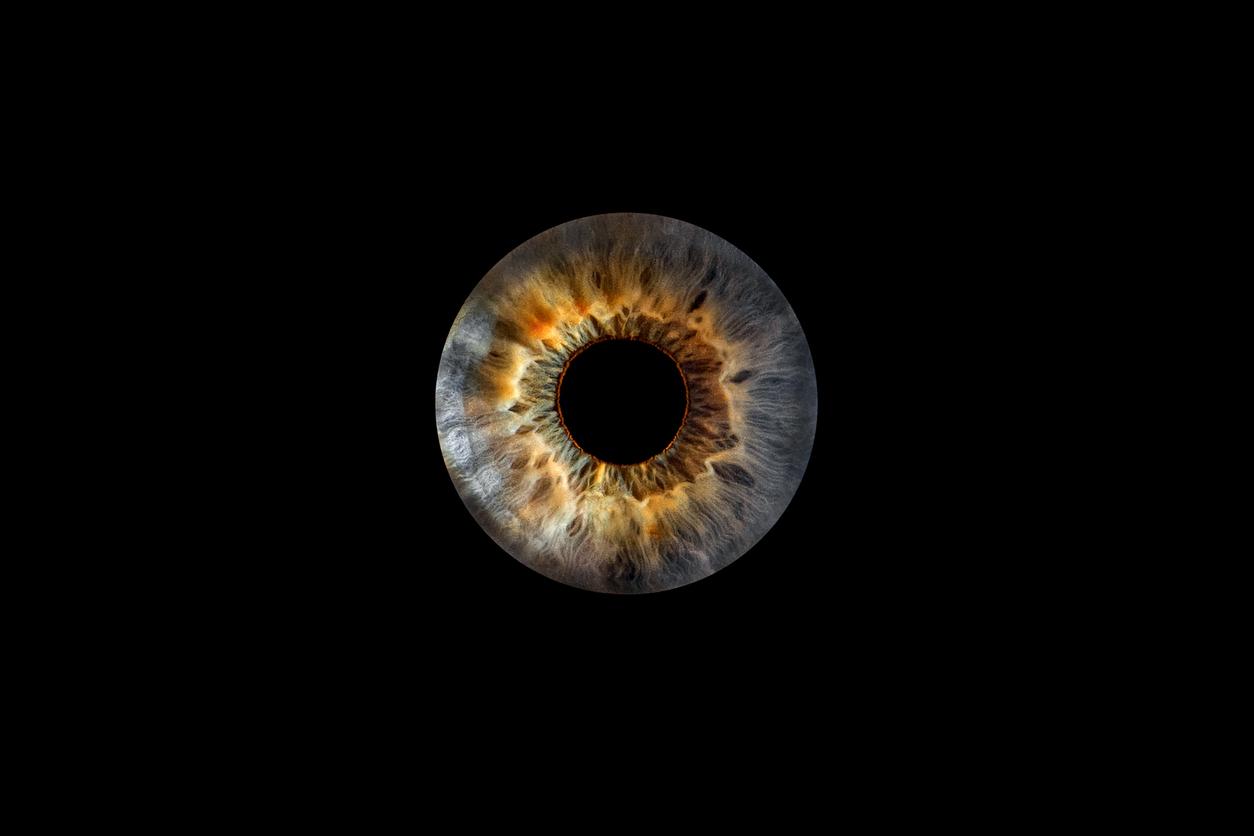Japan authorizes the drug Avastin to fight an aggressive form of brain cancer. In France, the Health Insurance wants its use in the Dmla
The drug Avastin continues to demonstrate its benefits! Already used in the treatment of several cancers (colorectal, lung, breast, kidney and ovary), bevacizumab is now approved in Japan for the treatment of one of the most aggressive forms of brain cancer. But, under certain conditions.
The Swiss pharmaceutical group Roche announced on Monday, June 17 that the Japanese Ministry of Health, Labor and Social Affairs (MHLW) authorized Avastin in combination with radiotherapy and chemotherapy based on temozolomide for the treatment of Malignant gliomas, including newly diagnosed glioblastoma (GBM), and as monotherapy for the treatment of recurrent GBM and certain other types of high grade glioma after prior treatment.
The therapeutic options currently available in the presence of these aggressive forms of cancer are admittedly very limited. Avastin is thus, on a worldwide scale, the first new drug approved in the last eight years for the treatment of these pathologies.
“This approval of Avastin is important news for people living in Japan who have been diagnosed with glioma or glioblastoma, as aggressive brain cancer can significantly reduce the quality of life of those affected and their ability to perform physical activities. daily life, said Hal Barron, Chief Medical Officer and Head of Global Product Development at Roche, patients with newly diagnosed glioblastoma who have been treated with Avastin in combination with radiotherapy and temozolomide-based chemotherapy as part of of the pivotal study were able to live significantly longer without their cancer getting worse ”.
The product is one of the flagship drugs of Roche laboratories, the world number one in oncology. In France, the Health Insurance for its part is in favor of granting a temporary recommendation for the use of Avastin in age-related macular degeneration (Dmla). The recent GEFAL study concluded that the drug was similar in effectiveness compared to the other treatment, Lucentis. The drug is thus already used in French hospitals by ophthalmologists because of its cost 10 to 40 times less than Lucentis.
.










